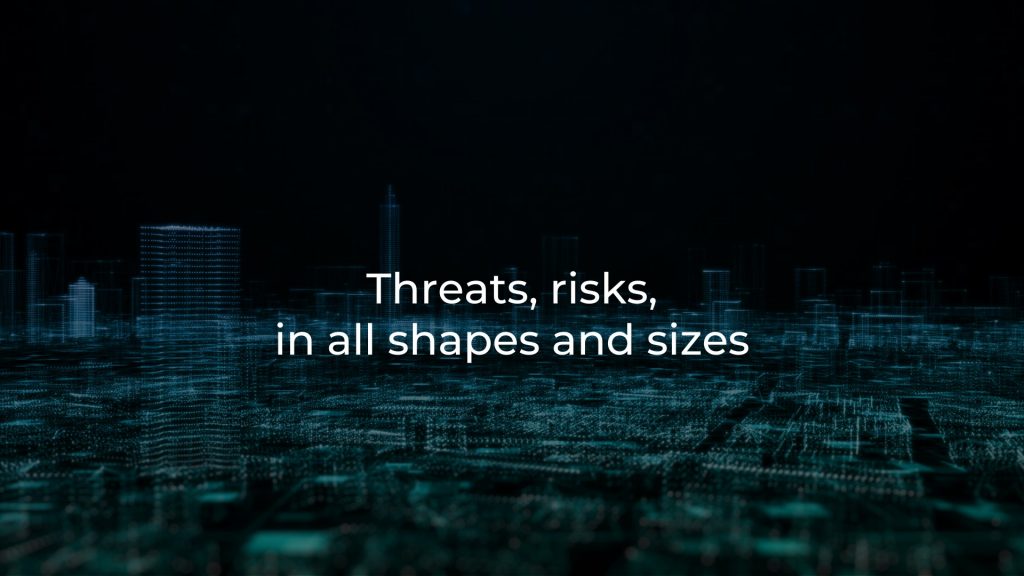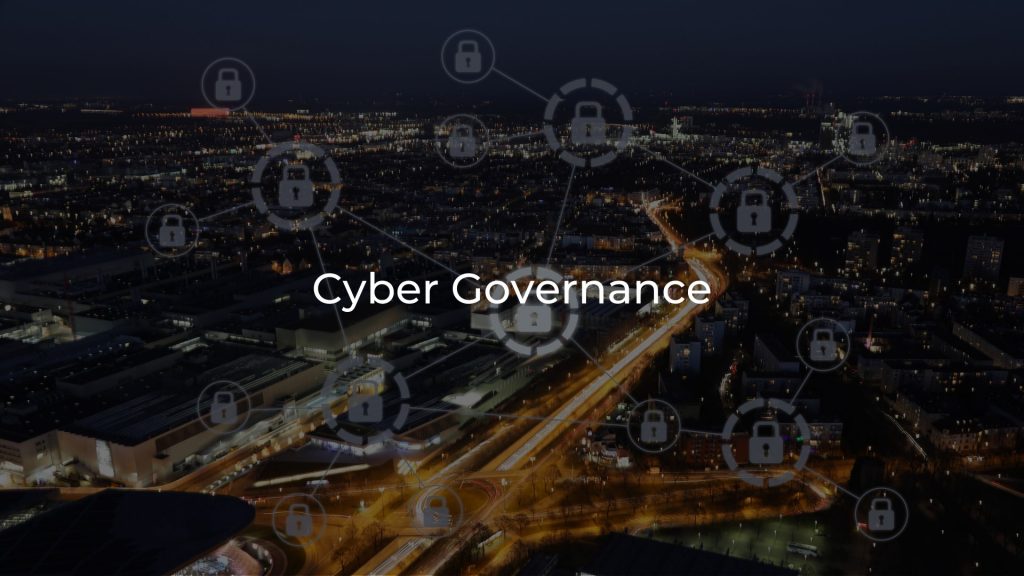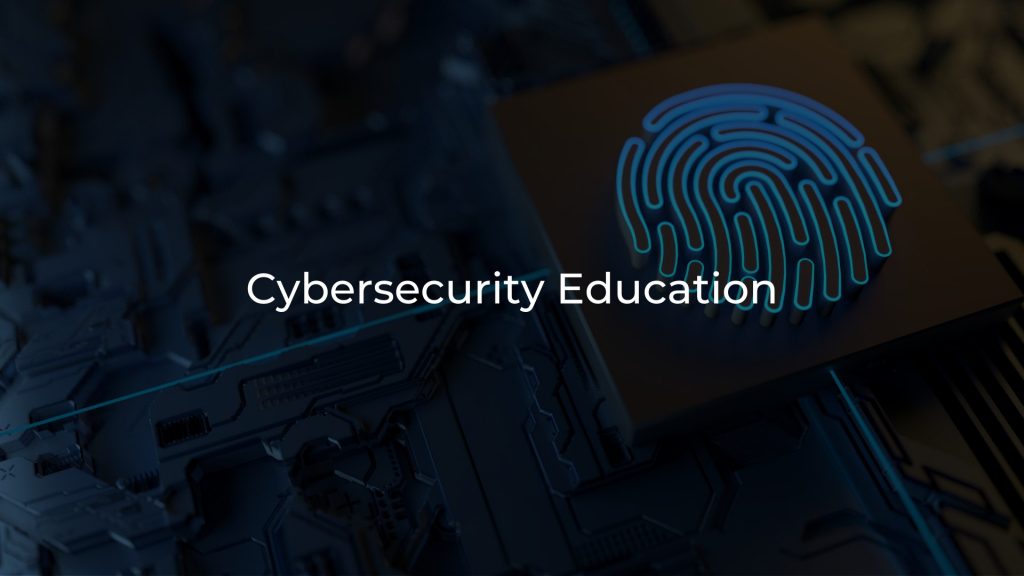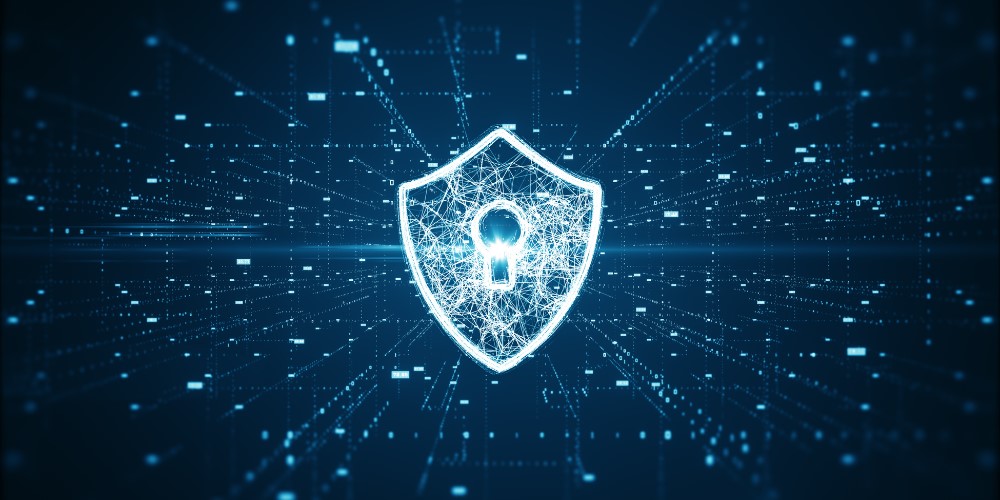Cybersecurity – Can you afford not to have it?
In the present day and age, cybersecurity has become one of the most important issues enterprises face. With the advent of new technologies and increasing connectivity, companies are more vulnerable than ever to cyberattacks.
A breach in cybersecurity can result in not only financial losses but also loss of customer trust and damage to reputation. Because of the importance of cybersecurity, it is imperative that companies take steps to protect themselves from potential attacks.
This includes implementing strong security measures such as firewalls and antivirus software, as well as training employees on how to identify and respond to threats. In addition, it is important for companies to stay up-to-date on the latest vulnerabilities and threats. The best way to do this is by subscribing to a reputable security journal or newsletter.

Threats, risks, in all shapes and sizes
Threats to cybersecurity are constant and ever-evolving, making risk assessment a critical part of protecting networks and data. Organizations must weigh the risks associated with potential attacks against the costs of implementing countermeasures. While no security system is ever 100 percent effective, careful planning and timely response to new threats can minimize the impact of cybercrime.
Risks to cybersecurity come from a variety of sources, including malware, phishing scams, and ransomware. Hackers can exploit vulnerabilities in software or hardware in order to steal data or disrupt operations.
In addition, insiders can pose a threat by deliberately compromising systems or stealing information for financial gain or espionage. Organizations must carefully assess the risks associated with each type of attack in order to choose the appropriate countermeasures. For example, anti-virus software is effective at blocking malware but may not be as useful against ransomware attacks.
Firewalls are effective at preventing unauthorized access to networks but may not be able to stop sophisticated exploits. The cost of implementing countermeasures also needs to be considered. For example, deploying anti-virus software may be relatively inexpensive but upgrading aging systems may be costly. In some cases, measures that are effective at reducing risk may also have an adverse impact on performance or usability.
It is important for organizations to develop a comprehensive cybersecurity strategy that includes regular risk assessment as well as timely response to new threats. This involves establishing incident response plans and training employees on how to recognize and respond to attacks.
The importance of cybersecurity
A world without cybersecurity would be a scary place. Imagine a world where cybercriminals could hack into our banks and steal our money, or where ransomware could hold our computers hostage until we paid a ransom. Without strong cybersecurity measures in place, this is exactly the kind of world we would live in. That’s why it’s so important to invest in cybersecurity measures.
By investing in firewalls, antivirus software and other security measures, we can protect ourselves from cybercrime. A large part of cybersecurity is centered around education about security risks and threats, including intentional malicious actors and unintentional breaches.
Cybersecurity is not only important for individuals and businesses, it’s also important for governments. A government that can’t protect its citizens’ data is a government that can’t protect its citizens at all. Cybersecurity is a critical part of our lives, and it’s something that we should all take seriously.

Cyber governance
Governance is a framework that guides an organization’s cybersecurity strategy. Establishing governance helps an organization to identify and respond to cybersecurity threats in a timely manner.
Effective governance also ensures that critical data and systems are protected. Cybersecurity threats are constantly evolving and becoming more sophisticated.
Organizations need a robust governance framework in order to protect their networks and data from these threats. The framework should include procedures for risk assessment, incident response, and disaster recovery.
Organizations should also ensure that their employees are aware of the risks associated with cybercrime. Employees need to be trained on how to protect themselves and the company’s data from cyberattacks. Security awareness training should be an essential part of an organization’s cybersecurity strategy. A well-defined governance framework can help organizations to detect and respond to cyberthreats quickly and effectively.

Cybersecurity education
With the increasing frequency of cyber attacks, it is more important than ever for businesses to have a robust cybersecurity plan in place. Employees need to be aware of the dangers that cyber attacks pose, and they need to know how to protect themselves and the company. One way to help employees stay safe online is to provide them with training on how to spot phishing emails and other scams.
Employees should also be taught how to use strong passwords and how to avoid clicking on links or downloading attachments from unknown sources. In addition to training employees on safe online practices, businesses should also make sure that their employees are up-to-date on the latest security patches and software updates.
Employees should also be encouraged to report any suspicious activity they may encounter online.
The cost of breaches
In the past decade, cybersecurity has become a pressing issue for enterprises of all sizes. The cost of cybersecurity breaches has continued to rise, with the average cost of a data breach reaching $4 million in 2018. This number is expected to grow in future years as more and more businesses adopt digital technologies.
The reason for the increased cost of data breaches is simple: businesses are becoming more reliant on digital technologies, which in turn makes them more vulnerable to cyberattacks. As more and more sensitive data is stored online, the potential for harm if that data is compromised increases. Immediate measures to mitigate risks can include things like password policies, data encryption, and antivirus software.
By implementing these measures, businesses can reduce the likelihood of a cyberattack succeeding and causing damage to their systems or data. However, even with enterprise-wide cybersecurity measures in place, there is no guarantee that a business will be fully protected from cyberattacks.
Hackers are constantly finding new ways to exploit vulnerabilities in systems, so it is important for businesses to stay up-to-date on the latest security threats and solutions. Ultimately, protecting your business from cyberattacks requires an ongoing commitment to cybersecurity awareness and prevention measures.
By investing time and resources into protecting your business against cybercrime, you can help ensure its safety and security in today’s digital world. To find out more about how MyRepublic helps enterprises with their cybersecurity solutions, go to https://myrepublic.net/sg/business/cybersecurity-consulting-services/ for more information.



















